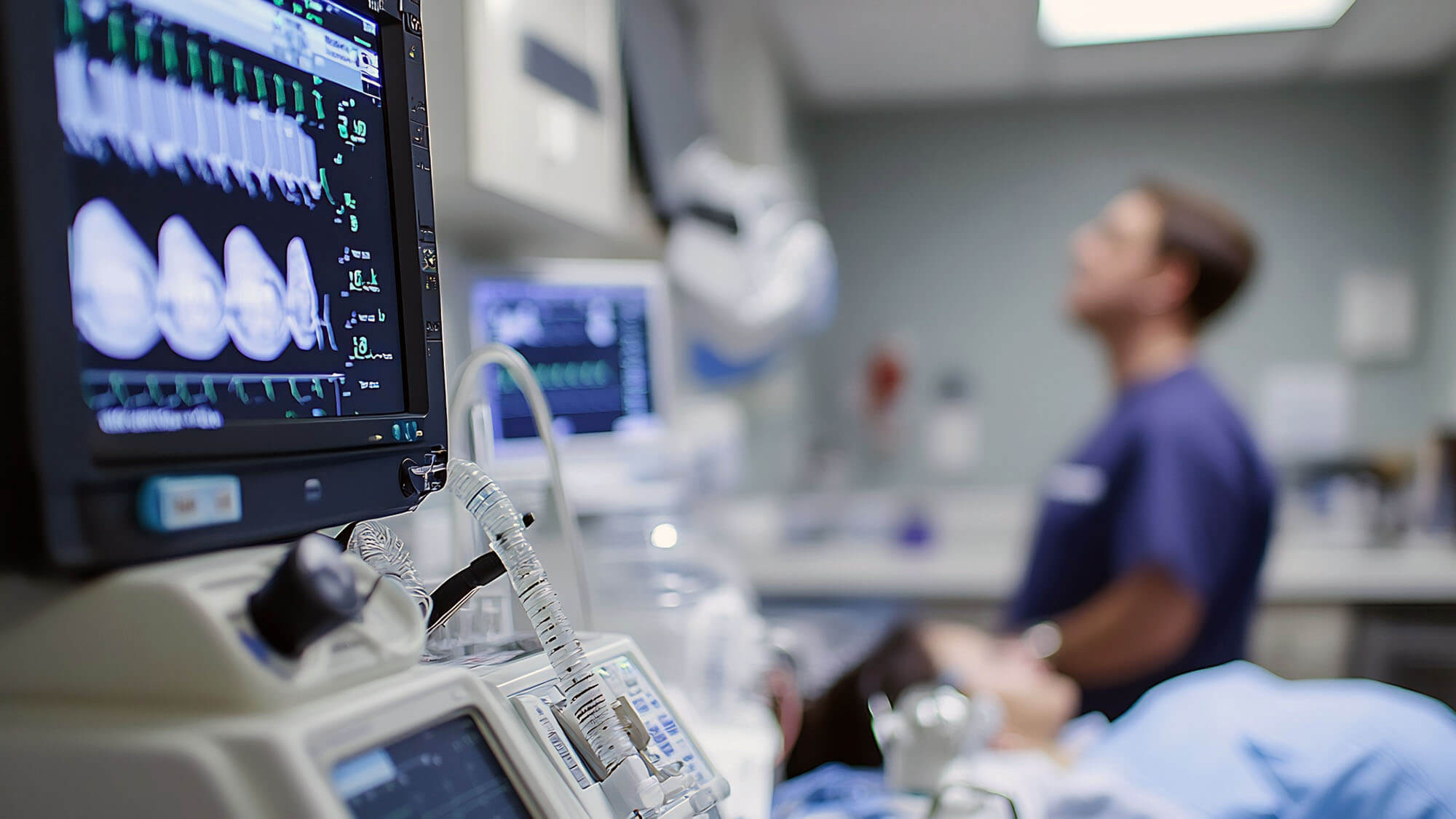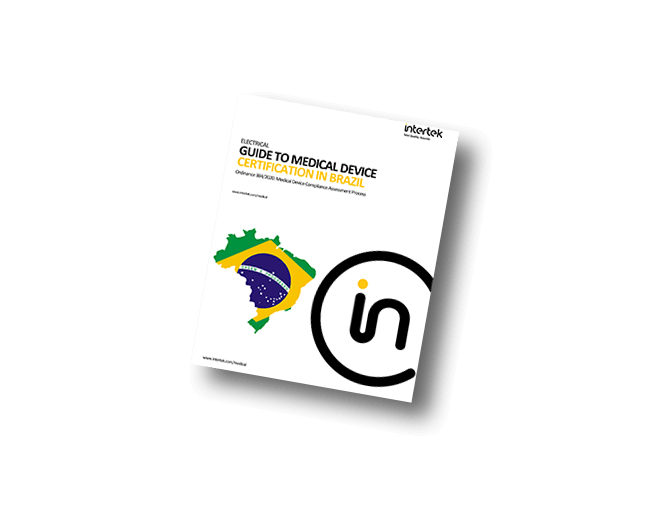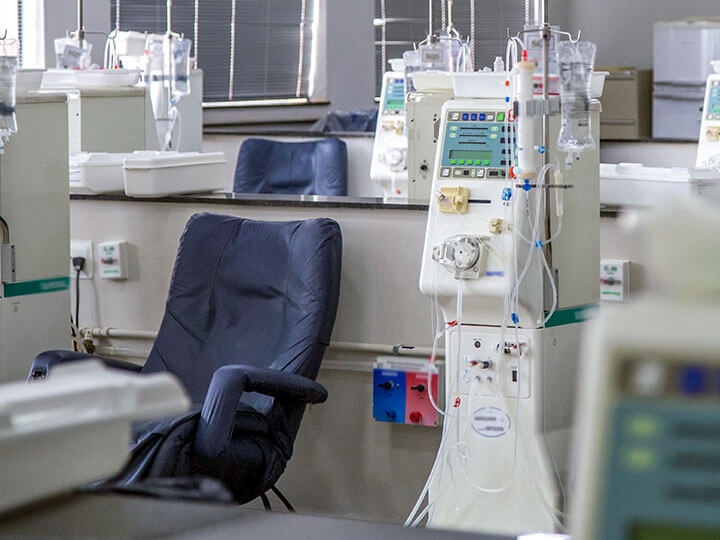Unlocking the Brazilian Market: Inmetro Certification for Medical Devices in 2025

28 Oct 2025
Brazil's Growing Demand for Medical Devices
Brazil is rapidly emerging as a top destination for global medical device manufacturers. With increased healthcare investment, growing public health awareness, and a strong demand for cutting-edge technology, the Brazilian market offers a significant growth opportunity, especially for businesses that understand how to navigate their regulatory landscape.
One of the most critical steps for entering the market is obtaining Inmetro certification, a mandatory requirement for many electrical and electronic medical devices in Brazil. Here's what manufacturers need to know in 2025.
Driven by population health trends and a post-pandemic emphasis on proactive care, Brazil continues to see a growing demand for advanced medical technologies. From hospital infrastructure to home healthcare, Brazilian buyers are investing in products that offer innovation and reliability.
This demand has led to an increase in imports of medical devices, with regulatory bodies such as Inmetro and Anvisa (National Health Surveillance Agency) playing key roles in ensuring product safety, quality, and compliance.
What is Inmetro Certification?
Inmetro (National Institute of Metrology, Quality and Technology) oversees the certification of products that fall under Brazil's technical regulations. For medical devices, Inmetro certification typically follows Model 5, which includes:
- Type testing of representative samples
- Manufacturer's ISO 13485 or ISO 14971 quality management system assessment
- Factory audits carried out at intervals not exceeding 15 months
Although Inmetro certification is essential for market entry, it must be followed by Anvisa's approval, which authorizes the commercialization of medical devices in Brazil.
Leveraging ILAC-accredited testing
One of the most strategic advantages for international manufacturers is the ability to use existing test data if the test is performed in an ILAC-accredited laboratory. The International Laboratory Accreditation Cooperation (ILAC) provides mutual recognition agreements that allow test results to be accepted across borders. For medical device manufacturers, this means:
- No need for duplicate in-country testing in Brazil
- Reduced time and cost to certification
- Simplified path to market
ILAC accreditation significantly supports global harmonization and eliminates the need for repeat testing if regulatory requirements are met.
Required documentation and compliance steps
In addition to the test reports, manufacturers must prepare the following documentation for compliance with Inmetro:
- ISO 13485 / ISO 14971 certification and quality system records
- Risk management files and design history
- Routine test procedures for production lines
- Product records, audit documentation, and technical files in Portuguese
- Local audit scheduling (factory and legal manufacturer audits)
All documentation must be in line with Brazilian regulatory expectations. Audits take place every 15 months, and the Inmetro certificate no longer has an expiration date.
Cybersecurity and Compliance in 2025
While Inmetro certification in Brazil has traditionally focused on the safety and performance of medical devices, cybersecurity is becoming an increasingly significant aspect of regulatory compliance, particularly under Anvisa's supervision. Medical device manufacturers are now expected to address cybersecurity as part of the broader evaluation process. This includes demonstrating that secure software lifecycle practices are in place, that the risks associated with network-connected components have been thoroughly assessed and mitigated, and that all embedded software can be tracked and protected throughout the product's lifetime.
Additionally, manufacturers must show how cybersecurity measures are maintained and monitored through post-market surveillance activities. These considerations are no longer optional; they are now integrated into Brazil's regulatory framework and can have a direct impact on approval timelines and the overall acceptance of a product in the Brazilian market.
Timelines and process overview
Inmetro's certification process in Brazil follows a defined schedule that manufacturers must take into account when planning product launches. Initial certification typically takes about 90 days from start to finish, depending on the complexity of the device and the readiness of the supporting documentation. Once certification is granted, ongoing compliance is maintained through periodic surveillance audits. The certificate no longer has an expiration date.
Ready to enter the Brazilian market?
Inmetro certification is a critical step for companies that want to sell medical devices in Brazil. With the right technical strategy and regulatory partner, it can be a simple and efficient process.


